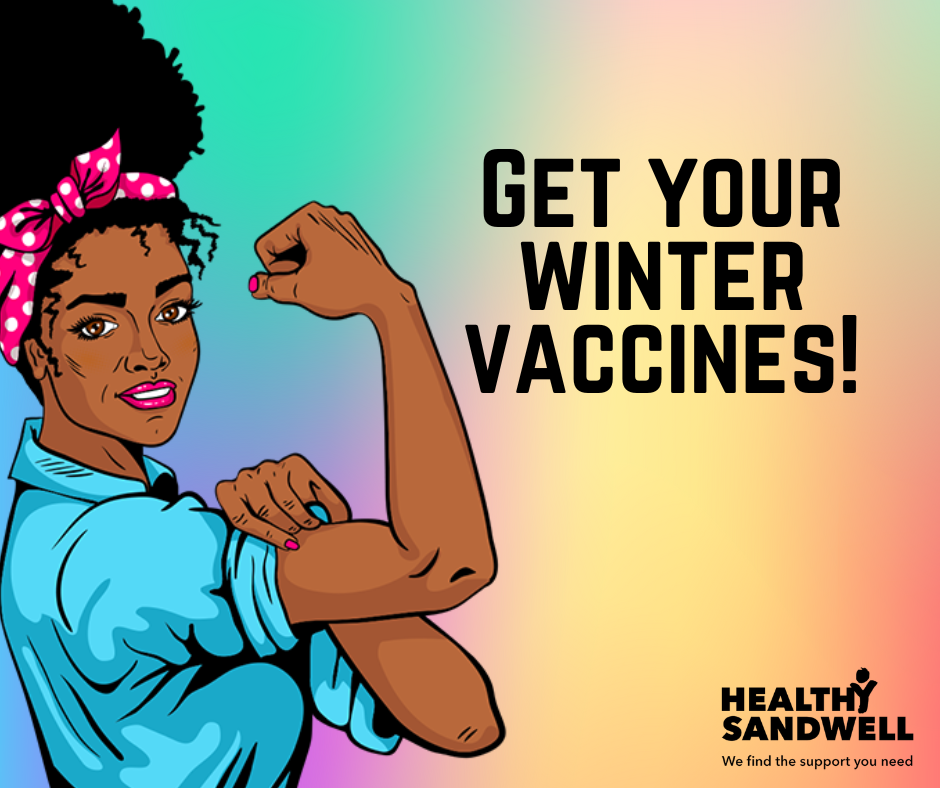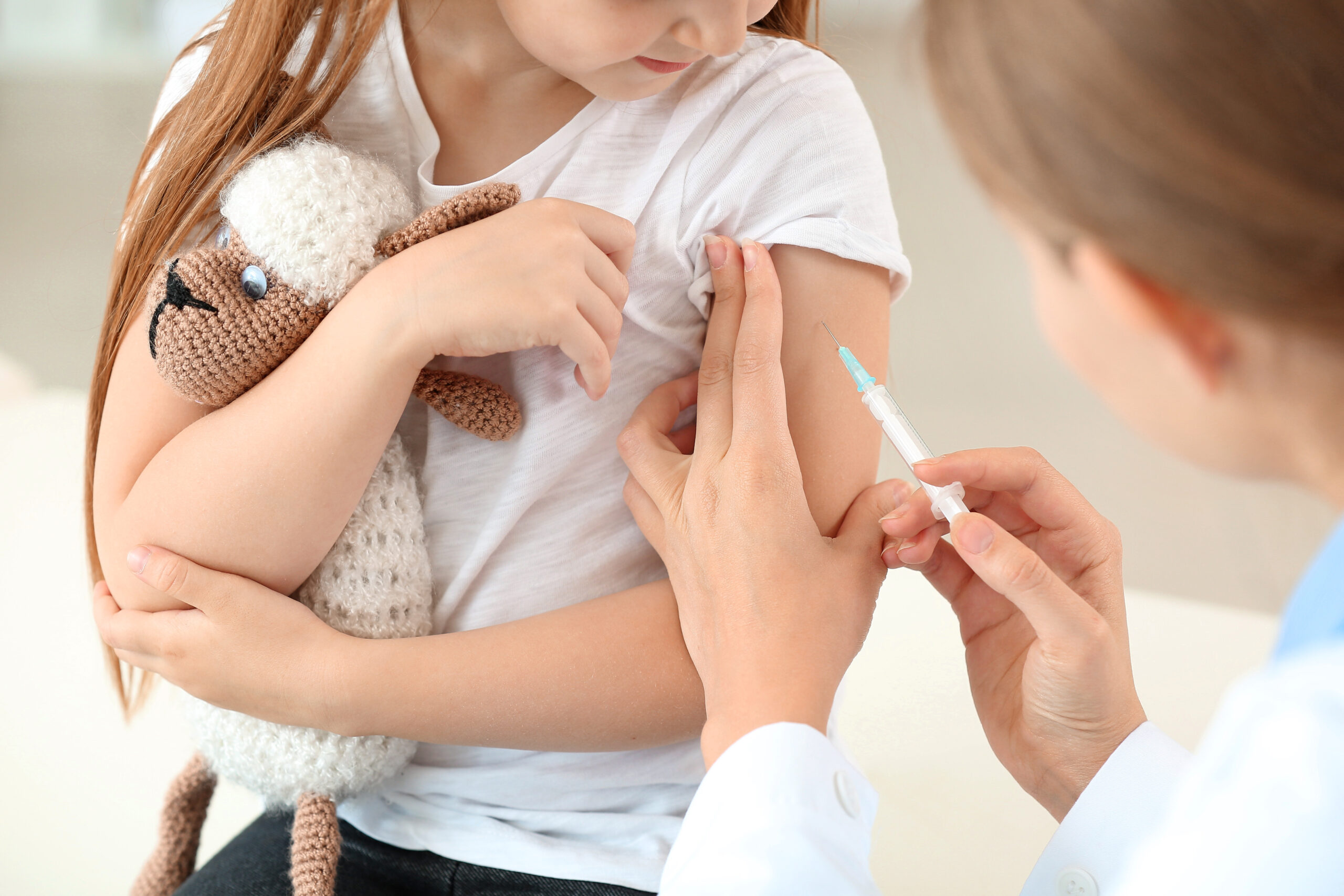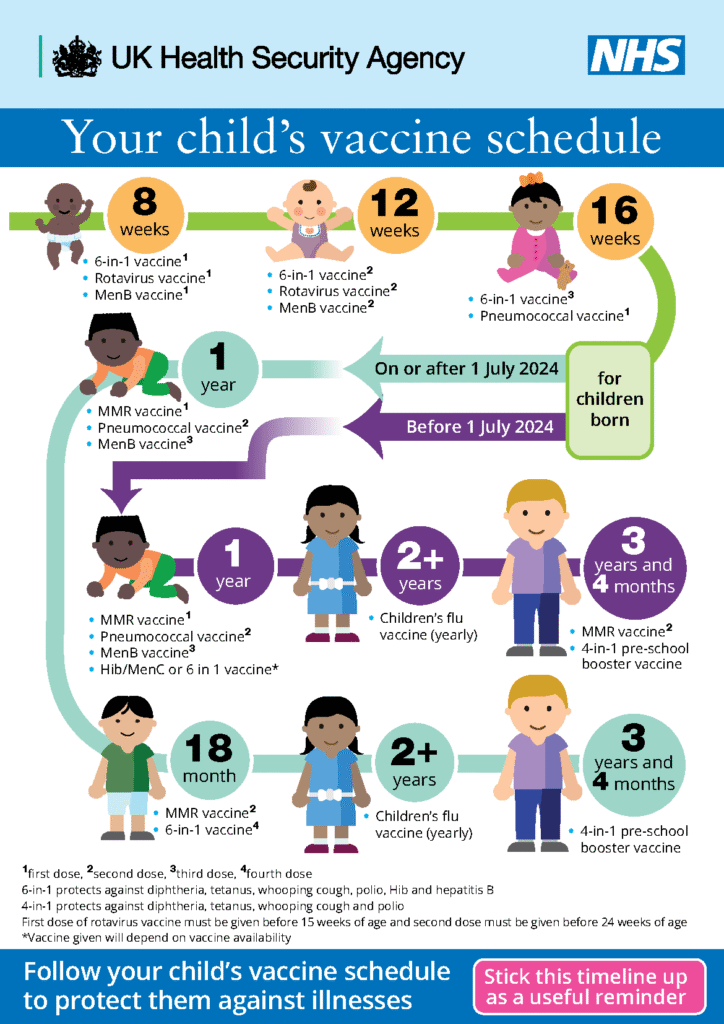
Vaccines
Vaccines help to protect you and your family from many serious and potentially deadly diseases.
They can also protect your community – by helping to stop diseases spreading to people who cannot have vaccines, such as babies too young to be vaccinated and those who are too ill to be vaccinated.
Check your eligibility and get protected.
They help to protect you and your child from many serious and potentially deadly diseases.
They protect other people in your family and community. This includes people who are too young or too ill to be vaccinated.
They undergo rigorous safety testing before they are introduced. They’re also constantly monitored for side effects afterwards.
They sometimes cause mild side effects that will not last long. You may feel a bit unwell and have a sore arm for 2 or 3 days.
They reduce or even get rid of some diseases, if enough people are vaccinated.
Why it’s Important to get Vaccinated
Vaccines are the most effective way to prevent many infectious diseases.
Childhood Vaccines

Childhood Vaccines
Your child will have their first vaccine starting at 8 weeks old. If you think you or one of your children have missed a vaccine, you can check the red book or contact your GP.

RSV Vaccine
The Respiratory Syncytial Virus (RSV) vaccine is now being offered at some local pharmacies for those aged 75 – 79 and pregnant women.
Every year thousands of older adults and babies are hospitalised for RSV. The RSV vaccine helps protect against serious lung infection. Having the vaccine available from a local pharmacy means it is easier and quicker than ever to get protected.
You can find out more about the vaccine by visiting the NHS website.
RSV vaccines are now available the following pharmacies:
Pharmassured Ltd
Unit 2 Great Bridge Centre, Charles Street, West Bromwich
New Street Pharmacy
4 New Street, Hill Top, West Bromwich
Ashworth Pharmacy
211A Queens Road, Smethwick, Warley
Masters Pharmacy
182-184 Vicarage Road, Oldbury, Warley
Regent Street Chemist
Smethwick Medical Centre, Regent Street, Smethwick, Warley
Vishnu Pharmacy
57 Hurst Road, Smethwick, Warley
Hill Top Pharmacy
86 Hill Top, West Bromwich
Hagley Road Pharmacy
518 Hagley Road West, Oldbury
Victoria Pharmacy
5A Suffrage Street, Smethwick
Find out more information and how to book your appointment by visiting the Black Country ICB website.
Pneumococcal Vaccine
The pneumococcal vaccine helps protect against serious illnesses like pneumonia and meningitis. It’s recommended for people at higher risk of these illnesses, such as babies and adults aged 65 and over.
What the pneumococcal vaccine is for
The pneumococcal vaccine helps protect against some types of bacterial infections that can cause serious illnesses like meningitis, sepsis and pneumonia.
The vaccine is offered to babies, with their first dose at 16 weeks and a booster dose when they are 1 year old. You are also offered a dose when you’re aged 65.
For more information, visit the NHS website.
Shingles Vaccine
Shingles is a common condition that causes a painful rash. It can sometimes lead to serious problems such as long-lasting pain, hearing loss or blindness.
You’re more likely to get shingles, and it’s more likely to cause serious problems, as you get older or if you have a severely weakened immune system.
The shingles vaccine reduces the chances of getting shingles, and reduces the chance of serious problems if you do get shingles.
You should get the shingles vaccine if:
- People who turn 65 on or after 1 September 2023
- People aged 70 to 79
- People aged 50 and over with a severely weakened immune system
For more information, visit the NHS website.
DTP and Meningitis ACWY Vaccine
The Diphtheria, Tetanus and Polio (DTP) and Meningococcal ACWY vaccine is routinely offered in schools to children aged 13 to 15 (school Years 9 or 10)
The DTP vaccine can also be given to you as a baby and before starting school.
Why should your child have the vaccine?
The vaccine stimulates your immune system, so that you have the antibodies needed to fight the infection if you come into contact with disease.
These diseases are now rare in this country due to immunisations.
Tips for your child on the day of their vaccination
- Have breakfast
- Wear a short sleeved shirt or a vest top under your shirt
- The nurse will ask you some simple health questions- you can ask them questions too!
- You will go back to class after your injection
- If you are nervous or have any concerns, speak to your teacher or the nurse
You will have two injections. One in each upper arm, or some people may have them 2.5cm apart in the same arm. They are very quick!
Are there any side-effects?
These are minor side-effects. These are normal and shouldn’t last more than a day or two.
- Headache
- Nausea
- Redness or swelling where you had the injection
Consent
We can’t give your child their injection without receiving their consent form. Make sure you fill in the e-consent sent to your email.
We recommend young people get agreement from their parent/carer, but it isn’t always necessary.
Young people under the age of 16 can give or refuse consent if considered competent to do so by nursing staff.
For more information visit the Vaccination UK website.
Vaccines - Covid-19
Who's Eligible for the Seasonal COVID-19 Vaccine?
If you fall into one of the following categories, you're eligible for the seasonal COVID-19 vaccine:
- Residents in a care home for older adults
- All adults aged 65 years and over
- Persons aged 6 months to 64 years in a clinical risk group (as per the Immunisation Green Book, COVID-19 Chapter)
- Frontline health and social care workers
- Persons aged 12 to 64 years who are household contacts of people with immunosuppression
- Persons aged 16 to 64 years who are carers and staff working in care homes for older adults.
You can check if you are eligible by visiting the NHS website.
If you’re eligible, book your appointment and stay protected. The vaccination is a crucial step in safeguarding your health and those around you.
Find out more about booking your appointment by visiting the NHS website.
Vaccines - Travel
Why do Travel Vaccinations Matter?
If you’re planning to travel outside the UK, you may encounter serious diseases that are not at home.
Travel vaccinations are your shield against these potential health risks. Visit NHS Travel Vaccinations for more details.
When to Start Thinking About Vaccines?
You are best to talk to your GP or a private travel clinic at least 6 to 8 weeks before your departure. Some vaccines need to taken sooner to allow your body to develop immunity. Certain vaccines need more than one dose spread over weeks or months. If you’re traveling in specific conditions, you may be at a higher risk.
Determining Your Vaccine Needs
Find out which vaccinations are necessary or recommended for the areas you’ll be visiting. Visit the following websites for guidance: